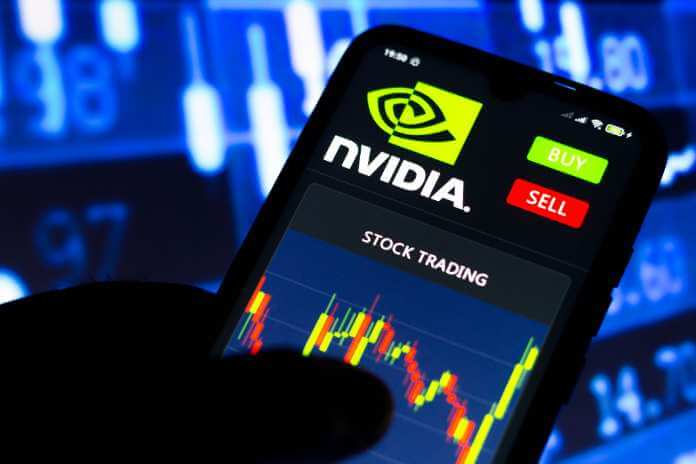Microsoft Stock (NASDAQ:MSFT)
On Friday, as of 11:25 a.m. ET, Microsoft (NASDAQ:MSFT) stock was up 2.4%, even though not one, not two, but three analysts have lowered their price estimates on the tech giant in advance of its earnings report expected out Tuesday.
Today, The Fly, which tracks analyst ratings, reports that three independent firms—Cowen & Co., Evercore ISI, and Citigroup—have cut their price estimates on Microsoft shares. Although, all three investment bankers still advise purchasing Microsoft stock before the earnings announcement (which is probably why the stock is rising today).
The odd thing is that each of these bankers predicted an exact $280 for Microsoft’s new price objective.
What’s the Reason?
To what extent does Microsoft’s fixation with $280 stem from some kind of magical significance for that sum? So, why do these three experts think Microsoft stock will rise by precisely 18% in the next year?
Reasons vary for each party. For instance, Cowen believes that Microsoft’s Azure cloud computing segment expanded more slowly in fiscal Q2 than previously anticipated but nevertheless climbed by 33% or perhaps 34%, as reported by StreetInsider. Cowen also believes that other analysts might be overstating the threats to Microsoft Office sales.
The news that Microsoft would be laying off 10,000 staff is unrelated. Cowen estimates that Microsoft’s profits would be reduced by $0.10 per share this year due to severance expenses incurred due to the reorganization.
In contrast, Evercore thinks Microsoft can “dynamically alter” its input costs “to protect EPS and free cash flow” because of the layoffs, as reported by The Fly. The stock might be worth more than its current price if Microsoft successfully cuts expenses to maintain earnings in the face of a recession.
And Citi, the global banking giant, concurs that the IT downturn has come, saying it will hurt Azure and Office’s sales growth. The firm Citigroup believes Microsoft’s issues won’t be any more severe than those of its rivals in the technology sector. The megabanker, in general, is forced to acknowledge that Microsoft’s price “is at multiyear lows against the S&P.” Citigroup is lowering its target price from $282 per share to $280 per share, a reduction of $2.
What’s Next?
But how does Microsoft stock’s price tag stack up against the S&P 500’s? On the other hand, Microsoft’s stock is selling at a premium of more than 25 times earnings compared to the S&P 500’s multiple of 20.5 times current-year profits. No, that’s not a bargain at all.
Although, should Microsoft really be trading at a premium to the S&P 500?
In my opinion, it’s beyond dispute that Microsoft is a superior business. But if we’re being fair, Microsoft’s expected long-term growth rate is lower than the S&P’s at 11.8%. Furthermore, Microsoft’s dividend yield is 1.2%, which is lower than the S&P 500’s average dividend yield of 1.9%.
It’s difficult to justify a 20% premium on Microsoft stock when the company is developing more slowly than its competitors and pays a smaller dividend. To be fair, compared to the tech stock prices seen during the epidemic, 25x earnings may not seem like a crazy amount to pay for a market leader like Microsoft.
One should not judge a book by its cover.
Featured Image: Freepik @ pressfoto
















